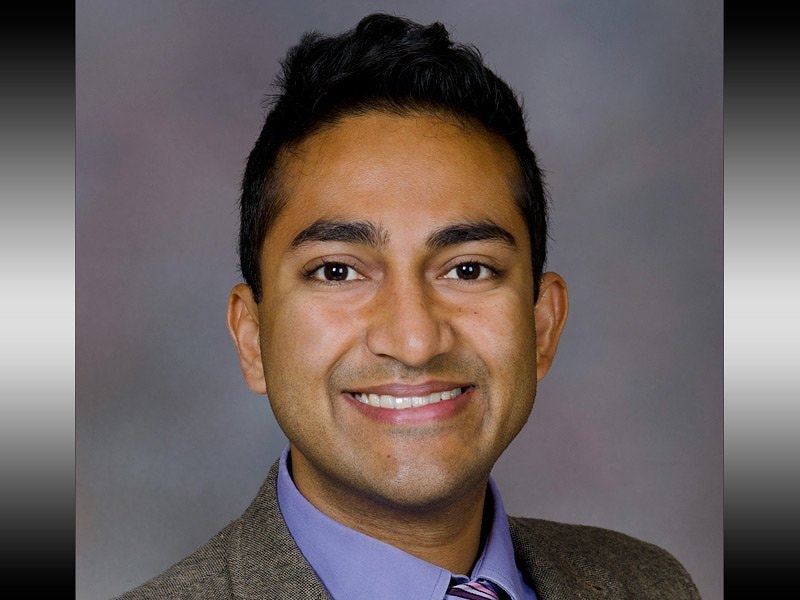These are horrible questions. It's pretty remarkable how out of touch this is.
Let's analyze them one by one:
1. What are your goals for me?
Your first question is going to be to ask your employer what they want you to do? Really?
2. How do you define me as successful?
Just in case you don't know how to tell on your own if you're successful? i got a pretty good idea, but maybe you could just clarify so we're on the same page?
3. What are hospital goals, metrics?
Just in case we didn't touch on this on my first two totally perfect questions. Redundant questions are always winners.
4. How do I win?
Speaking of winning...
How exactly does one win at radiation oncology?
Has rad onc become so noncompetitive that Charlie Sheen was able to match?
5. Explain workflow, reimbursement?
These things totally have a lot to do with each other. Solid question. But lets make it a three-parter to really strut your stuff: "Explain your workflow, tell me how I get paid, and what's your policy on pet hedgehogs in the office? Go."
6. Has anyone left? How to contact them?
Of course a hospital that is trying to recruit somebody is going to be open about problems with previous staff, admit that someone quit, and not only that, also give you their contact information. This is a totally reasonable expectation and will make you look insightful to your potential employer.
7. Is this is a multi-disciplinary practice?
There is no way that you could know this beforehand, so of course it's totally appropriate to ask this question to your interviewer.
8. What equipment would I need for job?
Most of us spend 4 years of rad onc residency and come out not knowing what tools we need to do our job.
9. Can I see chart rounds?
Also, can I have access to your EMR, look at patient records, maybe do a couple of consults to feel out your patient population.
10. What are responsibilities?
Do I have to clean the bathrooms at the end of the day? Who is responsible for locking up each night? That's my job right? Do I have do my own plans or do you have someone that sets fields and creates plans for me? Do I have to get vitals on my patients. They taught me how to do it in medical school - I can take a blood pressure! Ohh, I'm good at that one.
Seriously. This absurd list of questions immediately brings this to mind:

